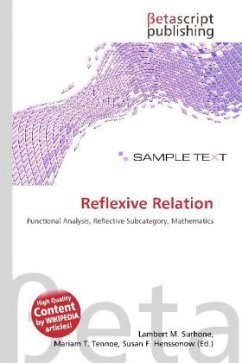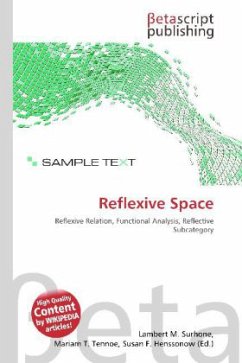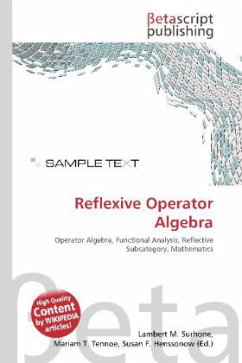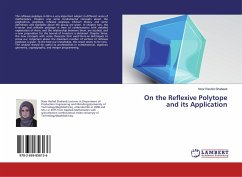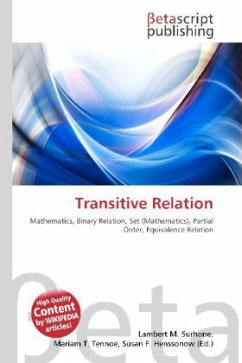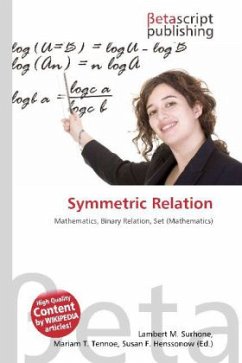In mathematics, a reflexive relation is a binary relation on a set for which every element is related to itself, i.e., a relation R on S where xRx holds true for every x in S. An irreflexive, or anti-reflexive, relation is the opposite of a reflexive relation. It is a binary relation on a set where no element is related to itself. An example is xy. Note that not every relation which is not reflexive is irreflexive; it is possible to define relations where some elements are related to themselves but not others. For example, the binary relation "the product of x and y is even" is reflexive on the set of even numbers, irreflexive on the set of odd numbers, and neither on the set of natural numbers. The reflexive closure of a binary relation R on a set S is the smallest relation R such that R is a superset of R and R is reflexive on S. This is equivalent to the union of R and the identity relation on S. For example, the reflexive closure of xy is x y.
Bitte wählen Sie Ihr Anliegen aus.
Rechnungen
Retourenschein anfordern
Bestellstatus
Storno

